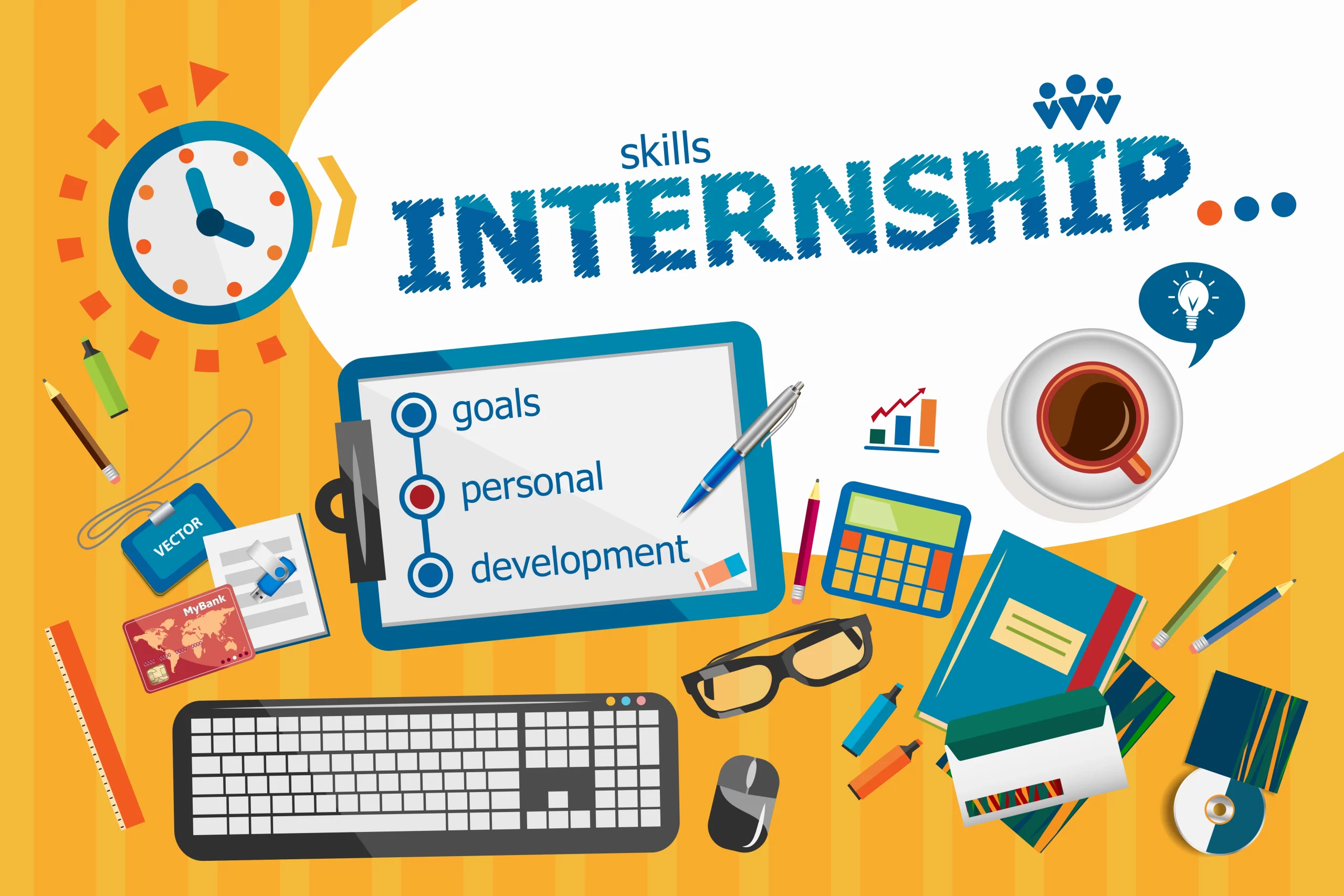There will always be the desire to put as much in your resume as you can to make it seem like there’s a lot to be said about you. Despite that impulse, sometimes the most effective way to make an impression is to make sure that what it says is impactful on its own without the need for fluff. For some, less is more.
Here are some of the things you should keep in mind that what to keep and what to avoid in your resume:
1. Leave your professional reference out of the resume
Part and parcel of applying for a job are being able to include professional references that will be able to corroborate your prior experience. While they are important, it is important to know that they shouldn’t be part of your resume document. Keep the references on a separate document so you don’t bloat your resume itself. This way, you show restraint and you have your references ready for whenever they’re asked from you.
2. Unless your industry requires it, leave your GPA out
This will vary depending on the kind of industry you are trying to pursue. Some will care about your academic achievements, while others care more about your work experience. This one will depend on you. If you want to goose your resume with your GPA, make sure it is a high one. If not, leave it out, and make sure your work experience speaks for itself.
3. Keep company descriptions in your resume if they’re obscure
This one will vary depending on your work experience. If your resume includes work experience in a very well-known company, don’t bother writing a description about said company. Now, if you’ve worked at a company whose work is not well-known, keep a description. That way your employer gets some knowledge of something obscure and will appreciate it when you don’t write about something obvious.
4. Include high impact points in your work experience
Keeping with the theme of strong but concise, this one will be of most benefit for you. This is where you can boil down your work experience to the most important and impactful things you’ve done at these places. People don’t want or need to know about the nitty-gritty. Just give them brief points of the strong work you did at a certain place.
Also Read – HOW TO IMPRESS YOUR FUTURE EMPLOYER: CREATING A GOOD RESUME
So these were the things that will help you in what to keep and what to avoid in your Resume. Doing all of this will keep your resume potentially all on one page, and there’s a higher chance a hiring manager will take time to read it. The easier you make their jobs, the better chance you get.




